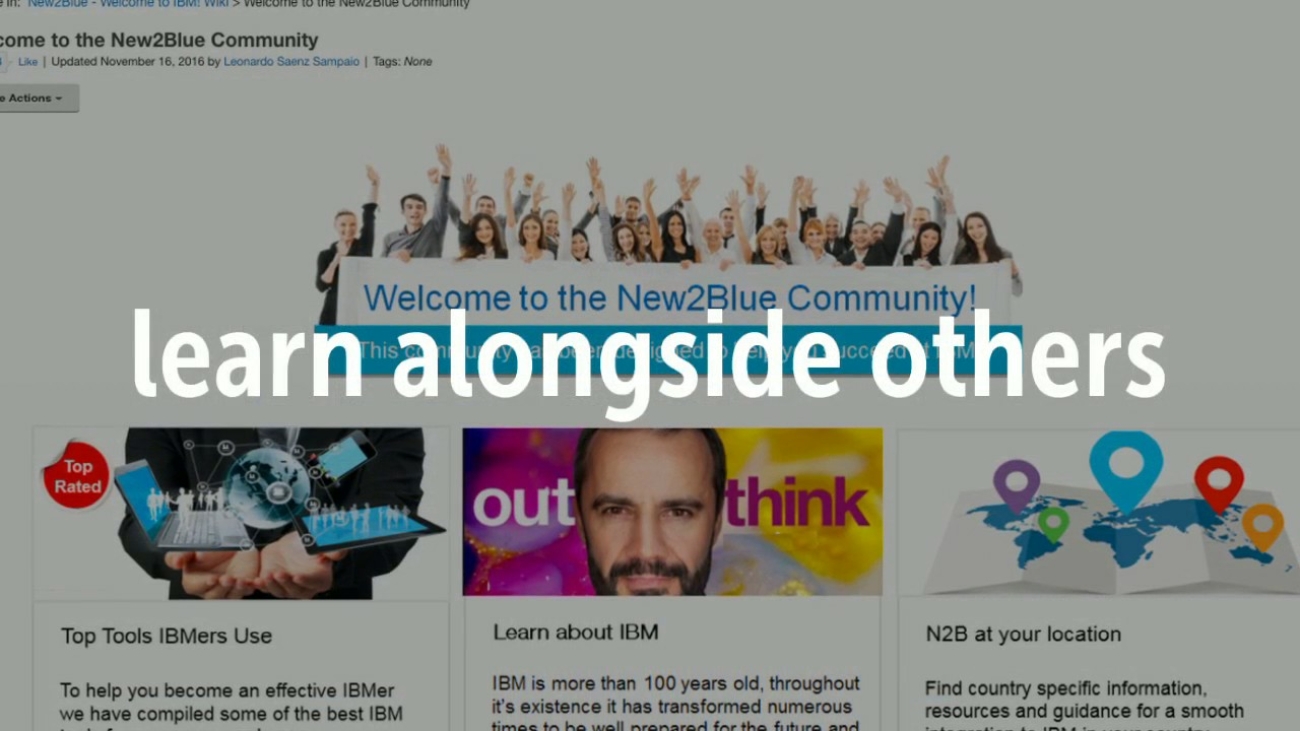Marco Arment, creator of Instapaper, writes on the correct way to deal with competition:
Reacting well to competition requires critical analysis of your own product and its shortcomings, and a complete, open-minded understanding of why people might choose your competitors.
They’re not fanboys. They’re not brainwashed by “marketing”. Your competitors’ customers aren’t passing on your product because they’re stupid or irrational.
They’re choosing your competitors for good reasons, and denying the existence of such good reasons will only ensure that your product never overcomes them.
 He goes on to discuss why Microsoft’s recent reaction to the threat of iOS is more constructive than Google’s.
He goes on to discuss why Microsoft’s recent reaction to the threat of iOS is more constructive than Google’s.
It’s a fascinating reflection, and bears great relevance to the way in which we see some Collaboration and Social Business vendors react.
Customers are not irrational, users are not stupid. If you want them to choose to buy your solution, or even more importantly, to desire to use it, you had better go focus your attention and resources on making yours significantly better than the opposition, not on dissing the opposition or those that buy or use their products!


 He goes on to discuss why Microsoft’s recent reaction to the threat of iOS is more constructive than Google’s.
He goes on to discuss why Microsoft’s recent reaction to the threat of iOS is more constructive than Google’s.